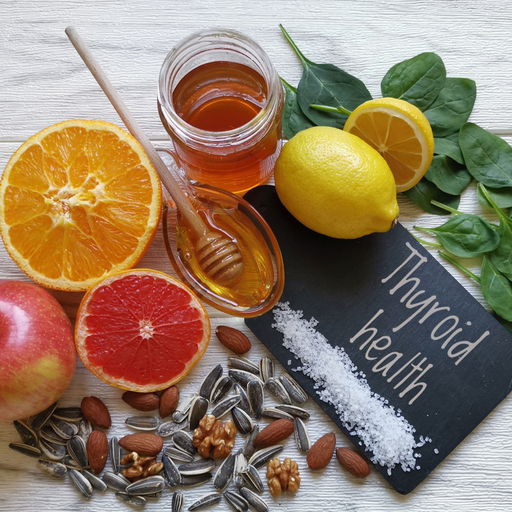What you need to know:
- Influenza meaning
- What are the symptoms of influenza?
- Is influenza a viral disease?
- How do I avoid getting influenza?
Influenza meaning


Influenza, commonly known as flu, is an extremely contagious respiratory illness that causes an infection of the nose, throat, and lungs and a generalized feeling of weakness and pain in the muscles.
What are the symptoms of influenza?
Seasonal influenza can last from a few days to approximately two weeks. Some common symptoms of influenza are:
- Fever
- Headache
- Fatigue and weakness
- Dry cough and sore throat
- Runny nose or stuffy nose
- Shortness of breath
- Vomiting and diarrhea (more common in children)
- Chills and sweats
Is influenza a viral disease?
The influenza virus travels through air droplets when someone with the infection coughs, sneezes, or talks without covering their mouth. Flu is especially common during the winter season.
Influenza is caused by influenza A, B, C, and D viruses. Influenza A and B cause seasonal epidemics of diseases in people. Influenza C virus infections tend to cause mild illnesses, while Influenza D viruses are primarily known to affect cattle and don’t infect individuals. People who are at a higher risk of developing flu complications include:
- Young children under age 2
- Adults older than 65 years
- Residents of nursing homes and long-term care facilities
- Pregnant women
- Individuals with a weakened immune system who are undergoing cancer treatments, organ transplants, have used steroids for a long-term, or from immunosuppressed medications
- People with chronic illnesses, such as heart disease, liver disease, nervous system diseases, metabolic diseases, obesity, diabetes, and respiratory illness, like asthma and chronic obstructive pulmonary disease (COPD)
If the symptoms get severe, individuals may be at a high risk of developing complications, like pneumonia, bronchitis, asthma, flare-up, or acute respiratory distress symptom. If you face shortness of breath, ongoing dizziness, chest pain, seizures, or any worsening medical condition, consult a doctor.
How do I avoid getting influenza?
Look at a few healthy lifestyle habits that can help control the spread of influenza.
- Eat a balanced diet: Consume colorful fruits rich in beta-carotene, vitamins, and green vegetables that are a powerhouse of antioxidants to stay healthy and fight off infections. Limit your intake of sugar, salt, processed, fried, junk, and oily foods.
- Exercise regularly: Make time for exercise in your daily life. Be it high-intensive exercises or getting 10,000 steps to improve your mobility, staying physically active can strengthen your body’s natural defense against viruses.
- Stay hydrated: Drink plenty of fluids (water or broth) to stay hydrated.
- Get adequate rest: Get adequate sleep so that you are refreshed and reenergized. Not getting enough sleep can weaken your immune system, making you prone to infections.
- Reduce stress: Stress can often pave the path for a weakened immune system, making you vulnerable to infections and diseases. Practice yoga, mindfulness meditation, deep breathing exercises, and listen to soothing music to reduce stress and relax your body.
- Washing hands: Wash your hands thoroughly with soap and water for at least 20 seconds after every sneeze and before and after you consume your meals. Avoid touching your eyes, nose, or mouth with unwashed hands.
- Coughing etiquette: Always cough into a tissue or your elbow. Then wash your hands.
- Clean surfaces: Keep your surroundings clean. Regularly clean and disinfect frequently touched surfaces to avoid the spread of infection.
- Avoid large crowds: If you have a weak immune system, it is advisable to avoid large crowds. Wear masks to prevent infections.


- Get vaccinated: One of the most effective ways to prevent infections is to be vaccinated. Therefore, get the influenza vaccine, which is injected, usually on the upper arm or thigh, depending upon age. Flu vaccines cause antibodies to develop to protect against flu illnesses.
Stay active in the Activ Living Community to find more details on nutrition and fitness.


















